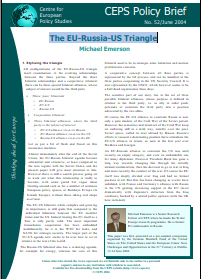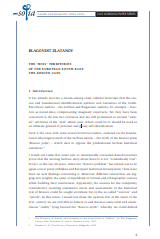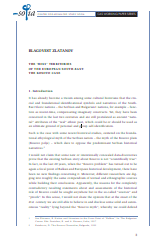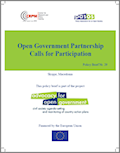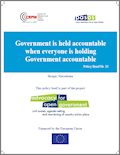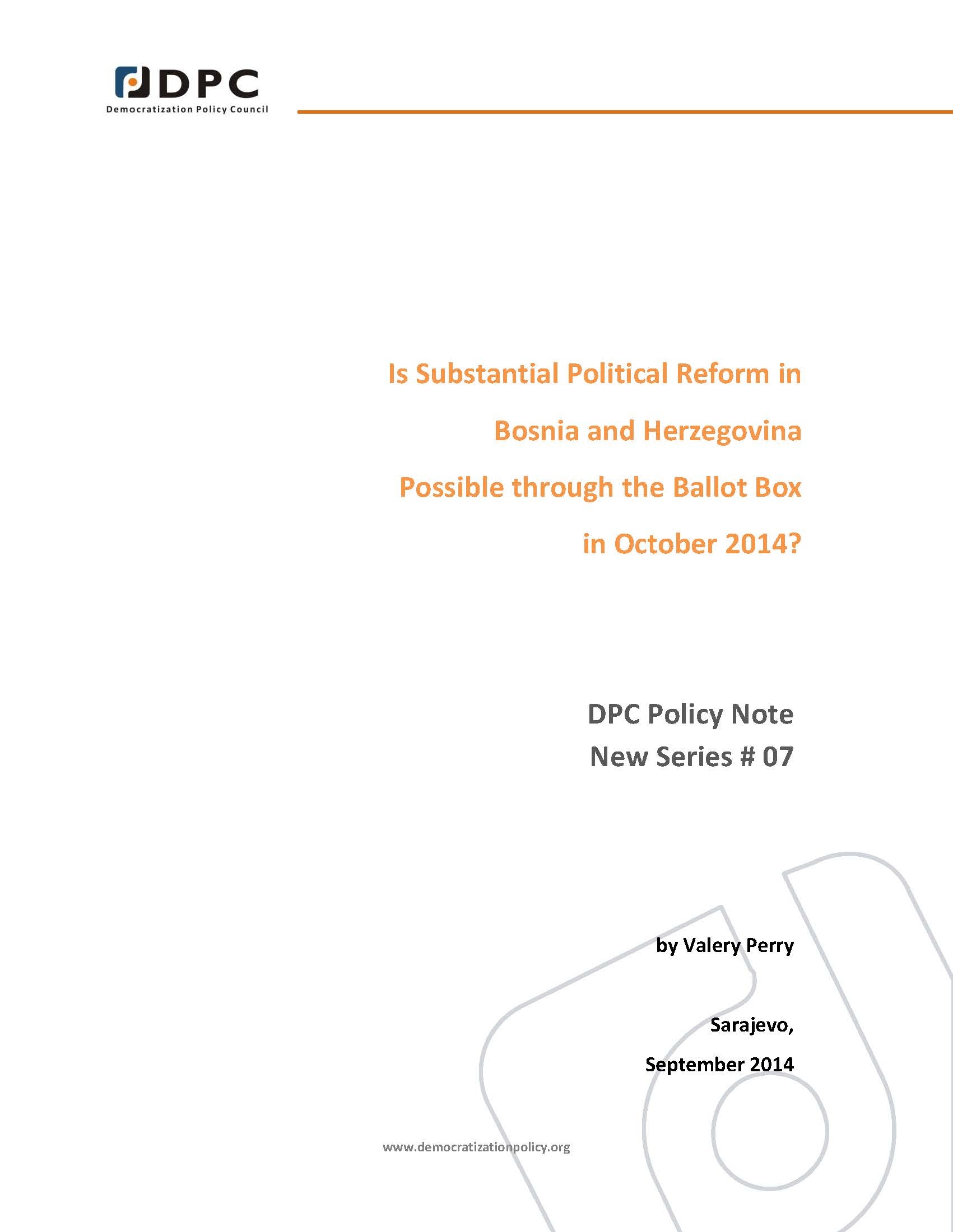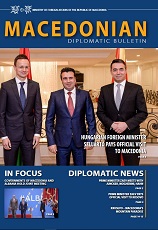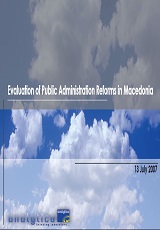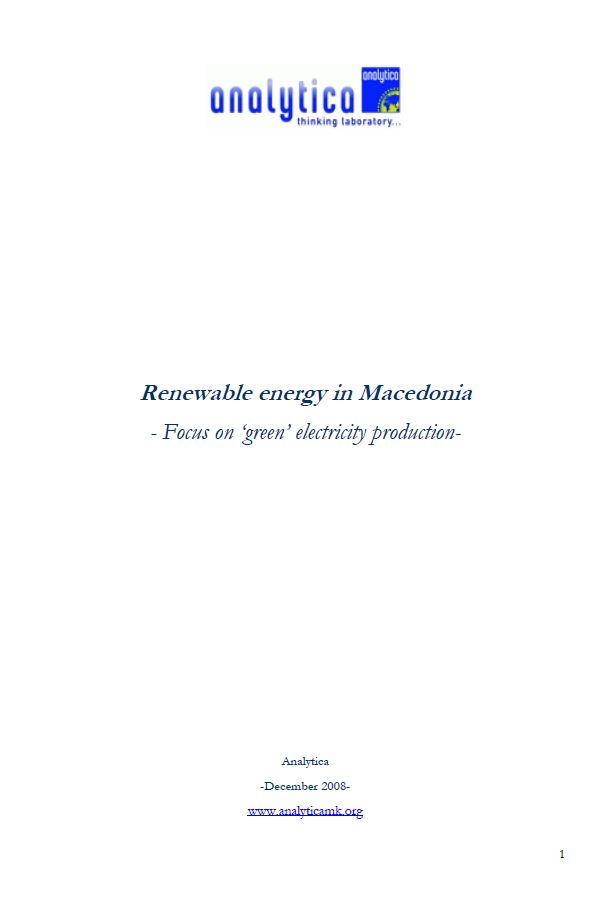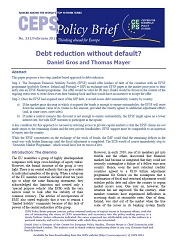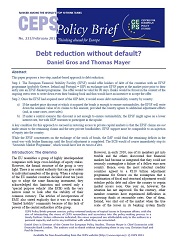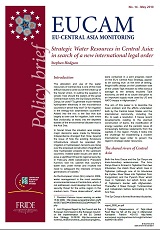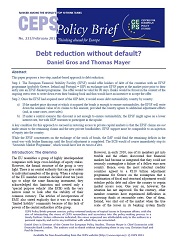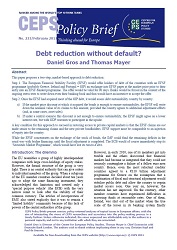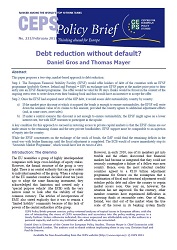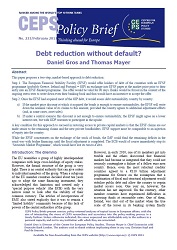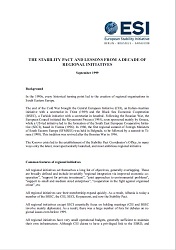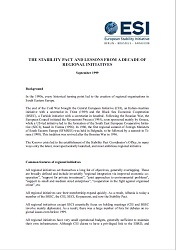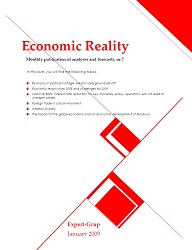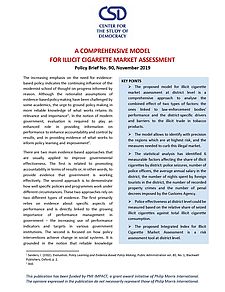DPC POLICY NOTE 07: Is Substantial Political Reform in Bosnia and Herzegovina Possible through the Ballot Box in October 2014?
Author(s): Valery Perry / Language(s): English
Keywords: BiH; political reform; 2014; elections; electoral system;
Two comments are often (and increasingly) heard about politics, elections and citizens in Bosnia and Herzegovina (BiH): 1. “If citizens want political change, they should vote for political change”1 2. “BiH needs more political accountability from its elected leaders at all levels, (but without difficult, substantial, politically impossible changes to the constitutional structure or election system).” Few would doubt the apparent truth behind these statements. A core element of a functioning, accountable democracy is the regular possibility for the alternation of power, as citizens vote out, and vote in, different leaders and parties that offer different platforms for the future. Voters should be able to use the election system to force politicians to deliver and to be accountable. Nothing is standing in the way of BiH’s path to a more prosperous, reform-oriented, Euro-Atlantic future other than citizens voting for new leaders who can bring this vision to reality. However, based on the experience of the past 18 years, is this a realistic approach to politics in a post-Dayton, pre-EU BiH? This paper considers whether there are incentives in the BiH electoral and political system that promote a relationship based on accountability between the electorate and the elected, and whether it is likely that a country that purports to be hungry for reform and progress, and tired of the same old faces in politics, can or will demonstrate this interest through their choices in the general elections in October. Why does it seem like every election in BiH is meant to be “pivotal,” while in reality little seems to change?
More...
